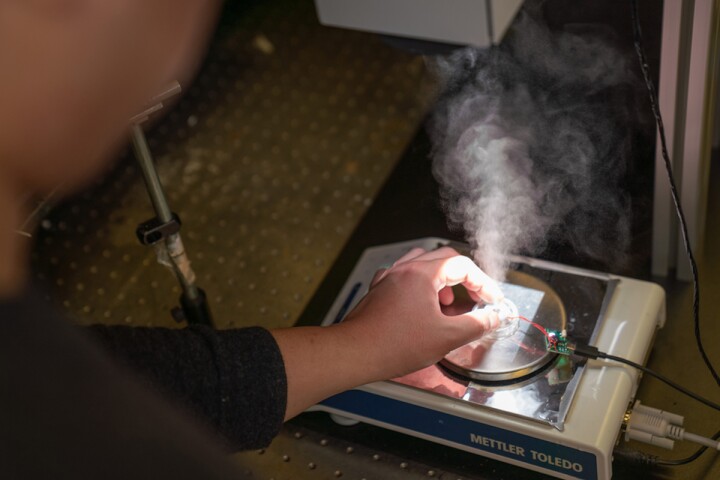Labradors have a reputation for being obsessed with food, and in turn, they have a tendency to become obese more than a lot of other canines. Well, new research suggests that the trait is actually the result of a genetic variation that's particularly common in the breed – and the finding could lead to better treatments for human obesity.
Out of all the dog breeds, Labrador retrievers are the single most popular pets in both the US and the UK, but despite doing incredibly adorable things on a regular basis, they're not quite perfect. In developed countries, between 34 and 59 percent of the animals are overweight. Just as with humans, that can have big negative health impacts, including mobility problems, diabetes and heart disease.
If you're familiar with Labradors, you'll know that even strictly controlling their diet doesn't always ensure they'll stay in shape. According to a new study led by researchers at the University of Cambridge, that trait is likely down to genetic factors.
Working with 310 Labradors – a mixture of pets and assistance dogs – the team carefully recorded the animals' weight and body condition, before searching for variants of three genes thought to be potentially obesity-related. Each owner was also asked questions about their dog's behaviour in relation to food, allowing the scientists to build a more complete picture of the animals' appetites.
The results were quite striking, with 23 percent of the dogs thought to carry at least one copy of a gene called POMC. For each copy of the gene carried, the animal was an average of 1.9 kg (4.2 lb) heavier.
POMC is known to be involved in regulating how the brain recognizes hunger, meaning that the animals carrying the gene likely don't quite get the message that they're full after a meal. Interestingly, the gene is also found in humans, meaning that an increased understanding of how it works could have an impact on both canine and human health.
While the presence of POMA could lead to the animals gaining weight, there's also a possible plus side to it. Giving dogs little bits of food is an excellent reward system during training, meaning that Labradors' increased appetite might explain why they're so easy to train.
"But it's a double-edged sword – carrying the variant may make them more trainable, but it also makes them susceptible to obesity," said study co-author Dr Giles Yeo. "This is something owners will need to be aware of so they can actively manage their dog's weight."
Details of the research project are published in the journal Cell Metabolism.
Source: University of Cambridge




